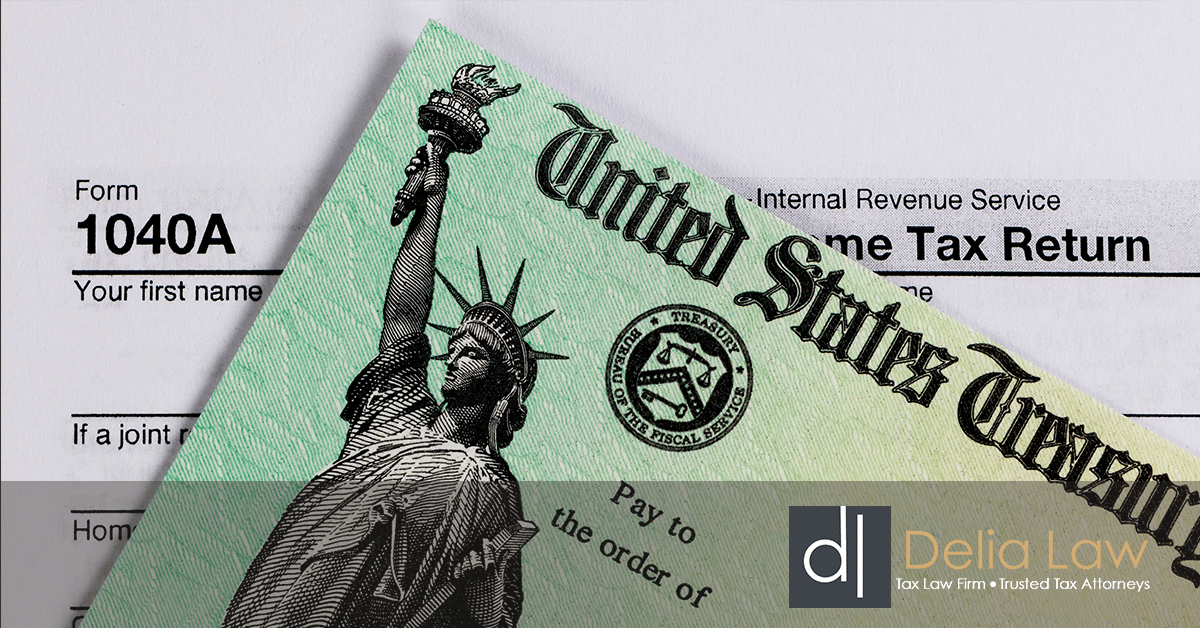If you don’t file and pay your taxes, things can get pretty bad with the IRS. One of the worst things that can happen is the IRS may file a Notice of Federal Tax Lien. The question is, how do tax liens work?
In essence, a tax lien is a claim against your property. It is not a seizure of your property, such as a bank levy or wage garnishment. A tax lien is the IRS’s way to ensure they get first rights to your property over other creditors. For example, if you go to sell your house, the IRS will have a claim when you go to sell it, in the amount of the tax lien attached. Fortunately, a tax lien lawyer can help you to seek the release of a tax lien.
Let’s explore how tax liens work in greater detail.
Do I have an IRS tax lien? How do I know an IRS tax lien has been filed?
The filing of a federal tax lien should not be a surprise. When it comes to figuring out how tax liens work, note that the IRS must follow the following procedures:
- A tax assessment amount is made against you when you owe on an original return filed by you and not paid off OR by the IRS filing their own tax return for you called a substitute return (“SR”). They receive this SR authority through IRC Section 6020(b).
If the IRS files an SR, be sure to file an original return for “Reconsideration.” This should be done because SR’s commonly overstate actual tax liability. These types of returns are only based on information the IRS has and it does not include any additional expenses or exemptions of which you may be entitled.
- The IRS then demands payment through several types of notices for each period owed. This is called the “Collection Process.” Before the IRS can place a tax lien on your property or collect in any other manner, they must issue a series of notices regarding the outstanding balance due. These notices continue until (1) you pay your account in full (2) the statutory period of time to collect expires (3) you get approved for a payment plan (4) you qualify for a non-collectible status due to financial hardship or (5) you settle with an offer in compromise.
- The taxpayer does not pay the tax bill in full by the due date. If this is the case, the IRS will move forward and file a tax lien with the county. The most important letter notifying you that a tax lien has been filed is the Notice of Federal Tax Lien.
What are the effects of a federal IRS tax lien?
As you explore how tax liens work, it is important for you to know that once a tax lien is filed, it becomes a matter of public record. It is a document filed with a county government (usually where a taxpayer lives or conducts business). Its purpose is to notify the general public that there is an unpaid federal tax debt. It attaches to all property, both personal and real property. Effects of a Federal tax lien include:
- Damage to a taxpayer’s credit report by lowering the credit score
- Difficulty in qualifying for financing and loans
- Difficulty in qualifying for credit and insurance
- Losing government contracts and business
- Homes harder to sell due to attached tax lien
Removing or Avoiding a Tax Lien
If the effects are severe and the IRS tax lien is harming your livelihood, it is important to look into ways of removing a tax lien.
In reality though, the IRS does not enforce the tax lien against your property unless the property: (1) has value and equity and (2) is not necessary to your health and welfare (household goods, a car providing transportation to work, and necessary business equipment to keep a business afloat as it is necessary to your health and welfare).
Learn Your Options If You’re Facing a Tax Lien
Taxpayers needing assistance in dealing with IRS tax liens and other IRS problems should seek the advice of a tax lien lawyer. The tax attorneys at Delia Law located in San Diego, Los Angeles and New York have many years of tax resolution experience and will competently represent you before the IRS.
Please call for a no-cost tax attorney consultation for IRS tax resolution at (619) 639-3336. You can also contact us through the help form below, and will reach out to you as soon as possible. We look forward to further explaining to you how tax liens work, as well as helping you to address one today.




